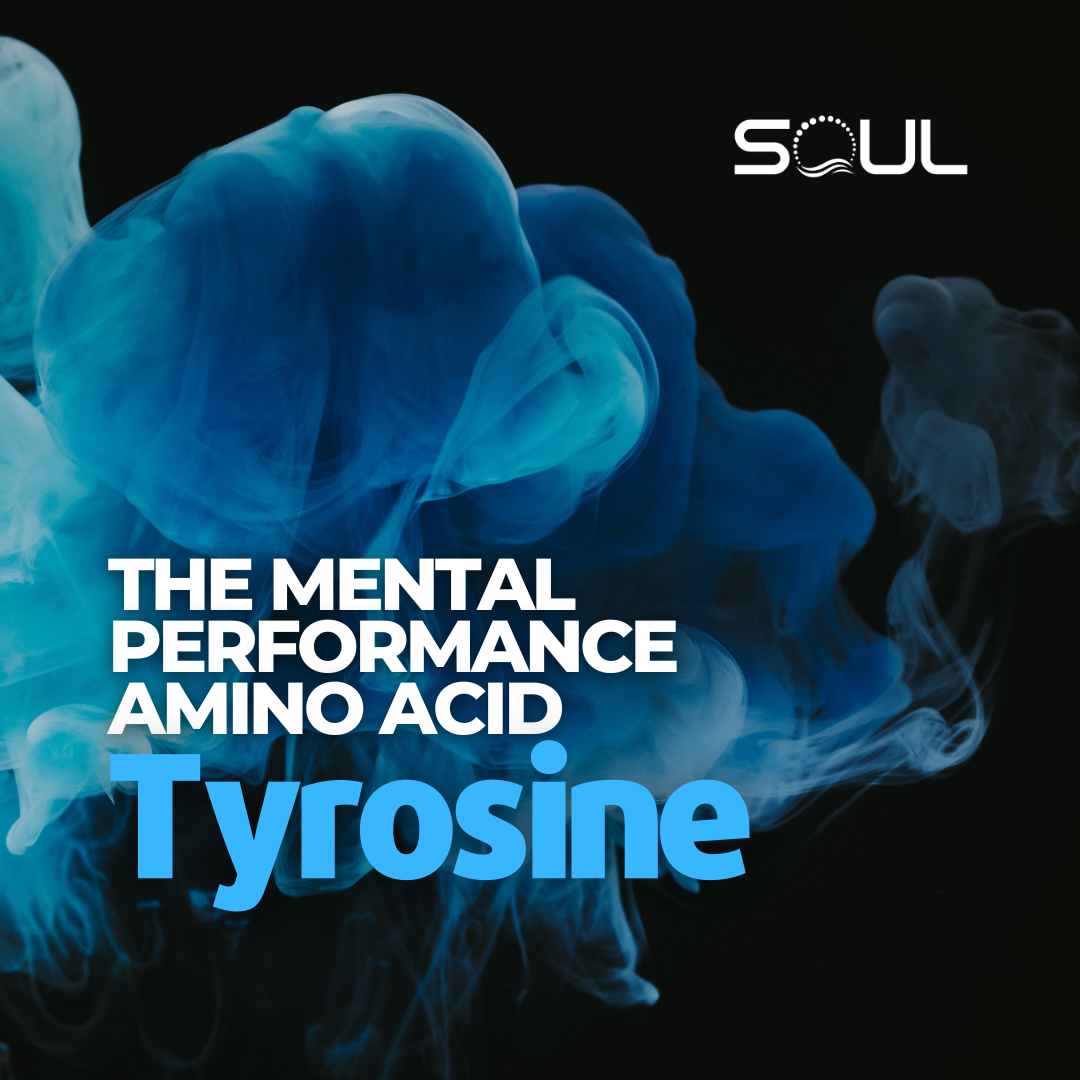
L-Tyrosine: The Unsung Hero in Cognitive Performance and Stress Management
In the saturated market of supplements promising cognitive superpowers, it's easy to overlook the subtle brilliance of non-essential amino acids that quietly influence the symphony of our brain chemistry. Among these, L-tyrosine stands out, a stalwart supporter of neurotransmitter synthesis and mental resilience. Let’s peel back the layers of this amino acid and uncover why it may deserve a place in your nutritional arsenal.
The Biochemical Ballet: What Is L-Tyrosine?
L-tyrosine is a non-essential amino acid, which means your body can conjure it from the essential amino acid phenylalanine. Found in abundance in protein-packed foods—think hearty cuts of meat, creamy dairy, crunchy nuts, and humble beans—L-tyrosine is also available as a supplement in capsule, tablet, and powder forms.
What makes L-tyrosine more than a mundane nutrient? It’s its role as the building block for dopamine, norepinephrine, and epinephrine—neurotransmitters that choreograph our motivation, focus, and response to stress. Without sufficient L-tyrosine, the body’s production of these key players could falter, potentially leaving the brain's performance dampened when it is most needed.
Neurotransmitters at Work: The Dopamine Trifecta
When we talk about L-tyrosine, we must invoke the complex interplay it maintains with dopamine, norepinephrine, and epinephrine. Imagine dopamine as the captain of motivation and pleasure, orchestrating the momentum behind daily achievements and bursts of joy. Norepinephrine, a sentinel of vigilance, sharpens attention and bolsters memory when stress mounts. Finally, epinephrine—our old friend adrenaline—primes the body for fight-or-flight heroics.
But the plot thickens when life throws challenges that sap these neurotransmitters’ reserves, such as prolonged stress or sleep deprivation. Enter L-tyrosine supplementation, which some research suggests can help replenish the brain's ammunition when depletion threatens cognitive clarity.
Cognitive Armor: L-Tyrosine’s Potential in Mental Performance
Studies have hinted that L-tyrosine may act as a secret weapon in safeguarding cognitive function during high-stress or sleep-deprived conditions. One particularly striking study observed that L-tyrosine improved working memory in healthy adults enduring a simulated high-altitude environment, a setting notorious for clouding cognitive sharpness. Another trial found that participants subjected to a rigorous sleep deprivation protocol demonstrated enhanced problem-solving capabilities when supplemented with L-tyrosine.
Mechanistically speaking, it is postulated that when the brain faces stressors that accelerate the depletion of catecholamine neurotransmitters, L-tyrosine acts as a reserve that supports their synthesis. The amino acid ensures that these vital chemicals are available to sustain brain function when the stakes are high. However, let’s temper our excitement with the acknowledgment that while initial results are promising, further research is essential to pin down the most effective dosages and regimens.
Stress: The Double-Edged Sword
Chronic stress is a villain with many faces—racing heartbeats, skyrocketing blood pressure, and a surge in cortisol, the body's stress hormone. Cortisol, while useful in acute doses, becomes a saboteur when perpetually elevated, leading to detrimental effects such as impaired cognition and health decline. Some investigations have found that L-tyrosine may mitigate these effects. For instance, one study noted that individuals who supplemented with L-tyrosine experienced a reduced cortisol response during stress-inducing tasks.
Mechanistic conjecture suggests that by supporting norepinephrine synthesis, L-tyrosine buffers the body against the acute stress response, preventing the system from leaning too heavily on cortisol. This biochemical safety net allows for a more controlled response, keeping stress hormones in check and the mind sharp.
Physical Performance: The Underappreciated Edge
L-tyrosine isn’t just for brainiacs—it may have its applications in the athletic arena as well. Some research hints that L-tyrosine supplementation can stave off the mental and physical fatigue that creeps in during endurance activities. One study involving trained athletes revealed that L-tyrosine supplementation enhanced cycling performance, suggesting a potential role in optimizing endurance and power output under strain.
The mechanism here might involve L-tyrosine's contribution to maintaining catecholamine levels, which not only bolster cognitive drive but can also impact physical stamina. The interplay between mind and muscle is intricate, and neurotransmitters are often the unseen threads that stitch them together.
The Takeaway and a Note of Caution
Despite the promising horizons L-tyrosine illuminates, it’s prudent to approach with balanced curiosity. The field of research on L-tyrosine is still growing, and questions linger regarding optimal dosages, timing, and long-term effects. Furthermore, those considering L-tyrosine supplementation should consult their healthcare provider, especially if they are on medications like monoamine oxidase inhibitors (MAOIs), as interactions may occur.
These statements have not been evaluated by the Food and Drug Administration. This product is not intended to diagnose, treat, cure or prevent any disease. This article is for informational purposes only and is not a substitute for professional medical advice. Always consult your healthcare provider regarding any health concerns or before starting new supplements.
